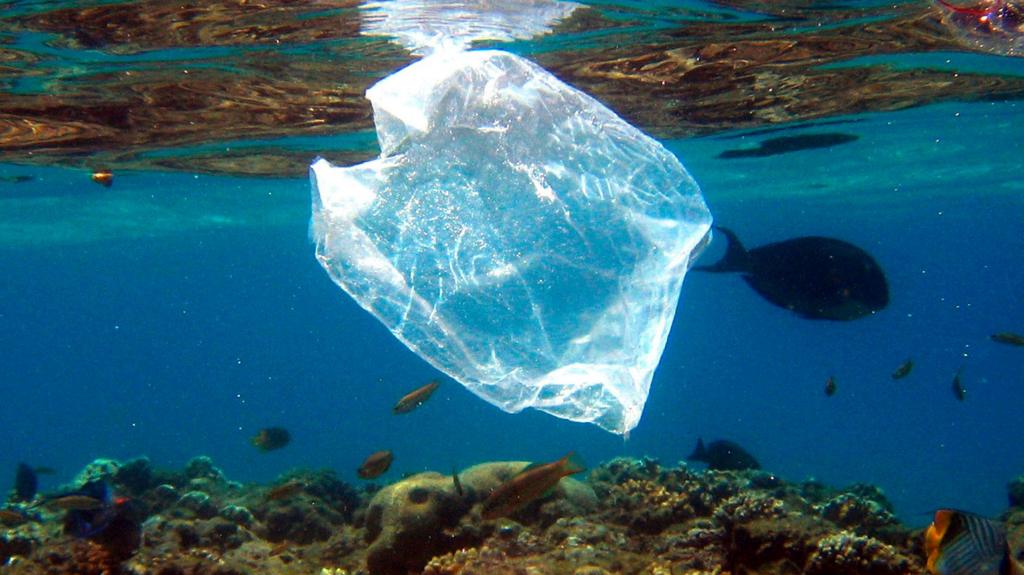A recent study indicates that implementing bans or fees on plastic bags effectively reduces their presence on US shorelines. Data compiled from numerous coastal cleanups reveals a significant decrease—at least 25%—in plastic bags as a percentage of total litter in areas with such policies, compared to regions without them.
The study found that state-level initiatives were more impactful than local ordinances, particularly in areas already grappling with substantial litter issues.
However, researchers caution that while these policies are effective in curbing the *relative* percentage of plastic bags, the overall number of bags found is still increasing nationwide. This underscores the broader challenge of rising plastic pollution.
The diverse range of plastic bag regulations across US states and municipalities provided a valuable setting for this research. Policies vary from outright bans (sometimes with exemptions for thicker bags) to fees and even preemption laws preventing local control.
Analyzing data from shoreline cleanups (2016-2023), which tracked bags as a percentage of all collected items, the study compared areas with and without policies. Plastic bags constituted 4.5% of collected items on average, ranking fifth behind cigarette butts, food wrappers, bottle caps, and plastic drink bottles.
Employing various statistical models, researchers estimated a 25-47% reduction in the relative abundance of plastic bags in areas with implemented policies. This extensive analysis, encompassing 182 policies and 45,067 cleanups, represents the largest evaluation of its kind.
Lead author Anna Papp emphasized the significance of these findings for plastic pollution mitigation efforts. She highlighted the upcoming global plastics treaty (negotiations resume in August following a December setback) as a key policy opportunity.
Papp noted that the policies’ effectiveness is particularly pronounced in areas with initially high plastic bag litter, suggesting targeted application. However, she stresses the need for more comprehensive solutions addressing production, consumption, and waste management, as plastic bag policies only tackle one aspect of the problem.
The study concludes that although policies are demonstrably effective in reducing the *relative* proportion of plastic bags on shorelines, the overall growth of plastic pollution means that these policies are only part of a much broader solution.
In contrast, the UK, which introduced charges on single-use plastic bags in 2011, experienced an 80% decrease in bags on beaches over a decade, according to a separate survey. Sign up for our Future Earth newsletter for the latest climate and environment news. Outside the UK? Sign up here.
Wales will ban the sale of plastic-containing wet wipes from December 2026.
The Chewing Gum Task Force funds council gum removal programs.
A roadmap supports emission reduction targets across nine sectors.
Campaigners push for stricter air quality rules amid pollution concerns at over 200 Welsh schools.
A court ruling overturned the approval of a large poultry farm.

